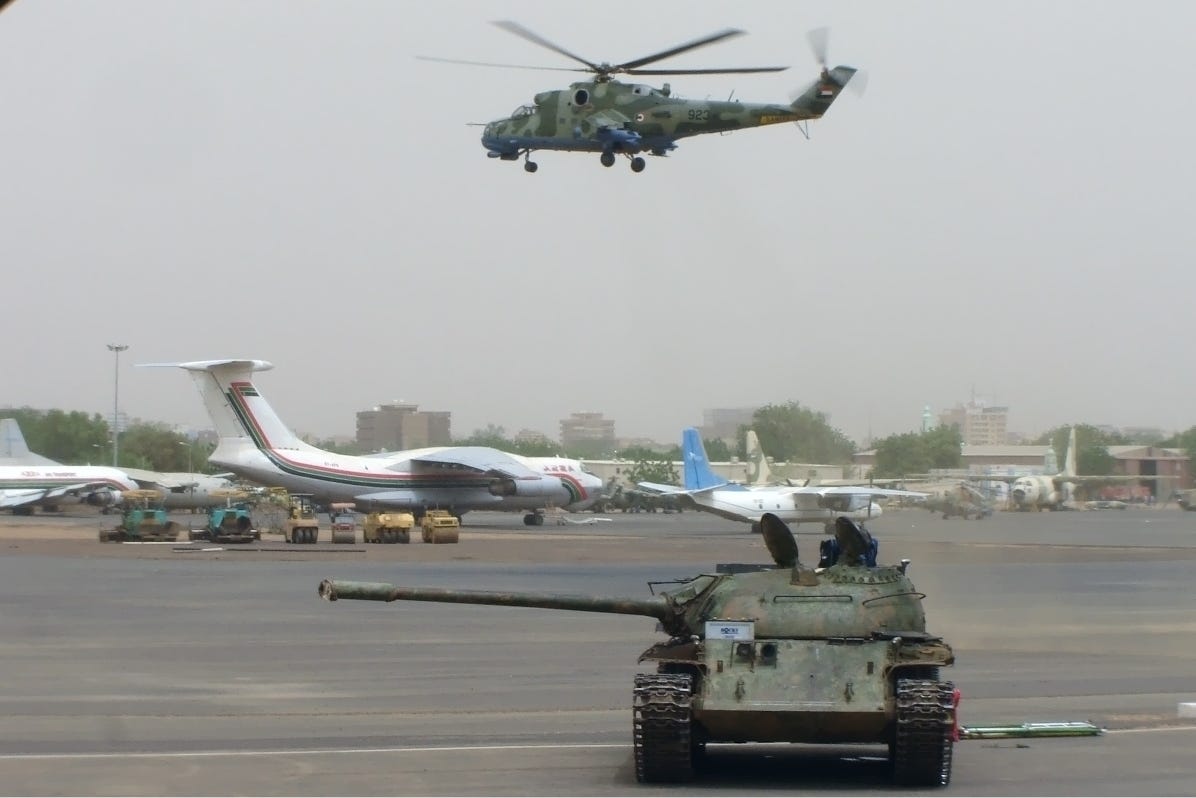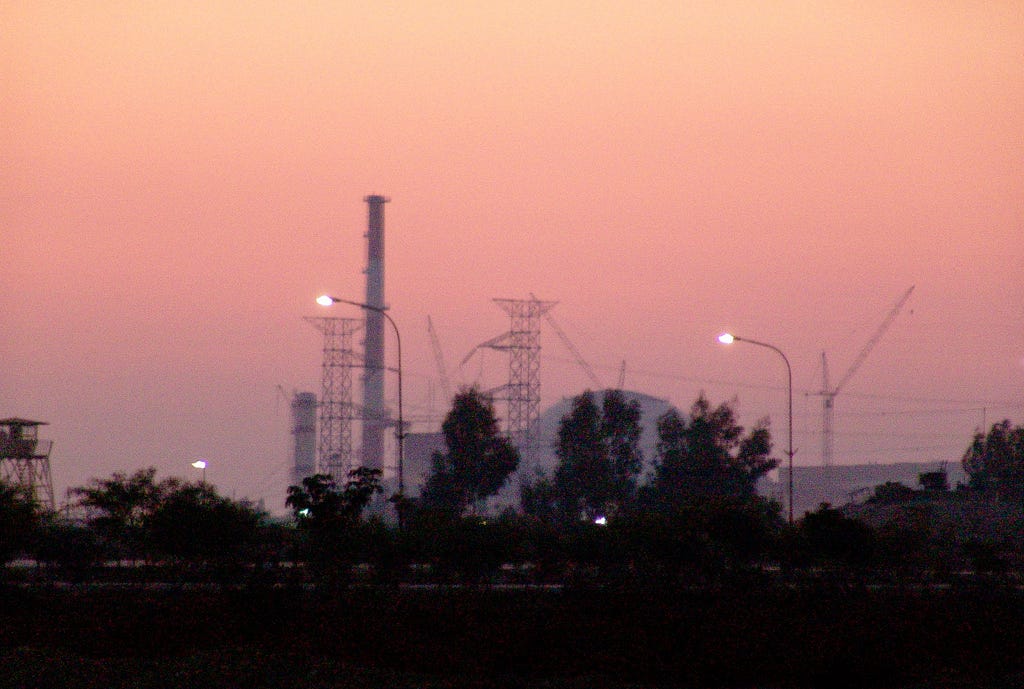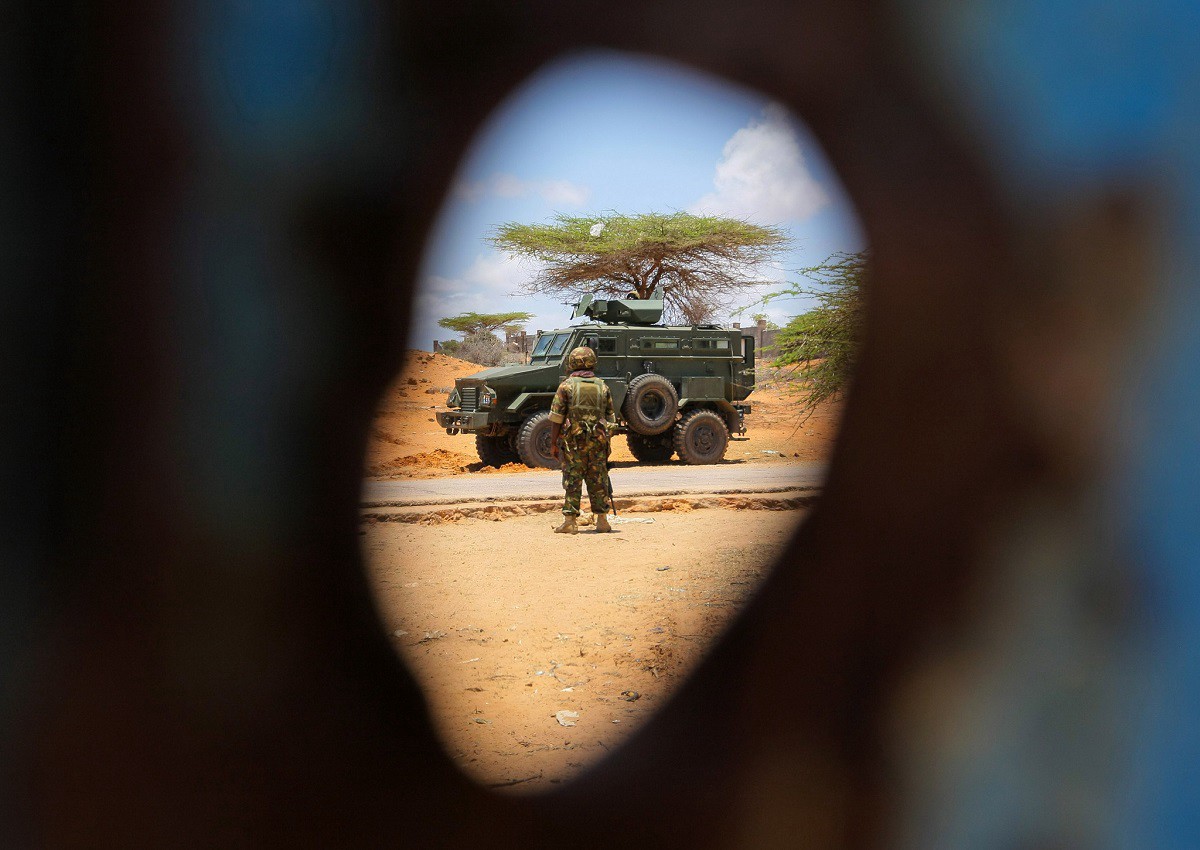MOGADISHU (HAN) May 2. 2016. Public Diplomacy & Regional Security News by CAMERON EVERS. The Cyclone-class patrol ship USS Sirocco closed in on a small boat in the Arabian Sea. After boarding, the American warship’s sailors discovered hundreds of Kalashnikov assault rifles and rocket-propelled grenade launchers. The source — Iran. The destination — Houthi rebels in Yebel.
The March 28 incident, one of three within weeks, highlighted the deep and unofficial ties between Iran and proxy organizations around the world. Besides Yemen, these engagements have appeared as efforts to prop up Syrian dictator Bashar Al Assad during the ongoing Syrian Civil War.
Yet even farther away, Iran has interfered and plotted in the capitals of countries as far as Argentina and the United States, and meddled in sub-state groups as disparately aimed as Shia radicals in Nigeria and criminal elements throughout Latin America.
Sub-Saharan African states, in particular, have long been the setting of Iranian intrigue. In a contradictory arrangement, the public face of Iran’s relationship with Africa is that of economic strengthening for mutual benefits, while simultaneously engaging in covert action undermining the stability of the very economies Tehran seeks to work with.
East Africa’s star of economic growth, Kenya, is a burgeoning bilateral trade partner with Iran. However in November, 2015, Kenyan authorities arrestedtwo purported Iranian assets, local Kenyans who were allegedly under orders from an Iranian agent known as “Parsa” to carry out bombings in the country’s capital, Nairobi. Almost a year prior, two Iranian men were arrested for entering the country with fake Israeli passports, allegedly tasked with thesame mission.
Prior to that, in June 2012, two Iranians were also arrested for trying to bomb Nairobi, and possibly Western targets. In other words, Iran may have struck out three times trying to blow up Kenya’s capital city.
Beyond Kenya, Iran has plotted and intervened in other East and West African nations for decades, with Sudan and Nigeria outstanding among them. Indeed, the longest running and most noticeable of Iran’s engagements in Africa is with the Islamist Sudanese regime. While the two nations have had significant differences over the ongoing Yemeni Civil War, their military cooperation runs deep.
Sudanese army officers have trained in Iran, and domestically-produced Sudanese weapons have been developed by Iranian expertise. Iranian missiles have been video-documented in use by Sudan’s central government against southern Sudanese rebels. Iranian fighter jets have even bombed inside of South Sudan, as revealed by WikiLeaks, in perhaps one of their more bizarre military team-ups.
There is also an Iranian precedent for weapons smuggling through Sudan to the Palestinian organization Hamas. In 2012, Israeli air strikes destroyedweapons convoys inside Sudan carrying Iranian rockets to Gaza.

Iranian influence extends to the other end of the African continent in Nigeria. In 2010, Nigerian security forces discovered Iranian rocket launchers, grenades and 107-millimeter Katyusha artillery rockets in violation of U.N. sanctions prohibiting Iranian arms transfers.
Two Quds officers and three Nigerian assets were arrested for the weapons, but a fifth agent, Quds Force Africa Corps commander Sayyed Akbar Tabatabaei, hid in the Iranian embassy before escaping back to Tehran. According to a U.N. report, the weapons shipment was dispatched by Behineh Trading Company, an Iranian Revolutionary Guard front company. The final destination of the cargo was the West African nation of the Gambia where anti-Senegalese rebels are active.
In February 2013, a Nigerian operative, who received weapons training inside of Iran, was apprehended by Nigerian authorities, along with two others. The trio allegedly planned attacks in Lagos, the country’s largest city, targeting USAID offices, Israeli owned businesses and a Jewish cultural center.
Hotels with American and Israeli guests were also on their target list, in addition to Nigerian leaders such as the country’s former military leader, Ibrahim Babangida, the former Sunni religious leader, Ibrahim Dasuki, and Saudi Arabia’s ambassador to Nigeria, according to Bloomberg.
Three months later, Nigerian cops stormed a weapons cache in a home owned by the Lebanese consul to Sierra Leone. Three Hezbollah-trained Lebanese men were arrested for the weapons.
Aside from acquiring assets inside Nigeria, Iran has supported its main political ally in the country, the Islamic Movement in Nigeria (IMN), a Shia political organization with its own military wing. While the group does not maintain a war against the central state, like the Sunni Nigerian group Boko Haram, the IMN holds sway over a large following of dedicated anti-government followers.
IMN’s leader, Ibrahim Al Zakzaky, has been quoted as saying that any attack on Iran’s homeland would result in consequences in Nigeria.

The impetus for Iran’s covert efforts in Kenya, Sudan, Nigeria and beyond, are multi-layered. The short-term rationale is hitting back at the West and Israel for immediate, even revenge-based goals. Regarding the Kenyan plots, one theory has Iran seeking payback for a shadowy and (officially) unacknowledged Israeli assassination program targeting Iranian nuclear scientists. Indeed, throughout the period of March-July 2012, dozens of plots were discovered in cities around the world following Israel’s targeted killings inside Iran.
Another contributing factor to Iran’s involvement in Africa is the push and pull of the Shia-Sunni battle lines of the Saudi-Iranian Cold War. Balancing against Saudi Arabia — a country that has brought 20 African nations into its “Islamic military alliance” — is on Iran’s agenda. However, the Sunni-Shia religious aspect is a usually exaggerated, if not marginal aspect of what is a mostly political affair.
A more pressing issue affecting Iran’s interest in internal African politics has been the necessity of gaining state and non-state allies to counter U.S. imposed isolation. Additionally, because many of Iran’s relationships with European and East Asian countries had fallen apart due to Tehran’s controversial nuclear program, new relationships have been needed.
Perhaps indicative of Iran’s resilience within its Africa approach is that it has yet to be visibly affected by the recent nuclear deal between the United States and Iran. The objectives of the Quds Force have appeared to carry onward — the plot to bomb Nairobi was revealed after Iran and the P5+1 coalition of states agreed to the first details of the deal.
Notably, despite the appearance of strength in projecting power to distant lands, Iran lacks anything close to military parity with the United States andIsrael. Instead, Iran seeks alternative avenues to gain an edge — the opportunities in Africa for asymmetrical conflict can be unpredictably advantageous and could strengthen an otherwise less dangerous player.
It is thus unlikely that Iran will give up its meddling on the continent any time soon— nuclear deal with the United States or not.

Leave a Reply